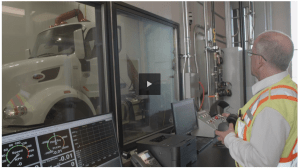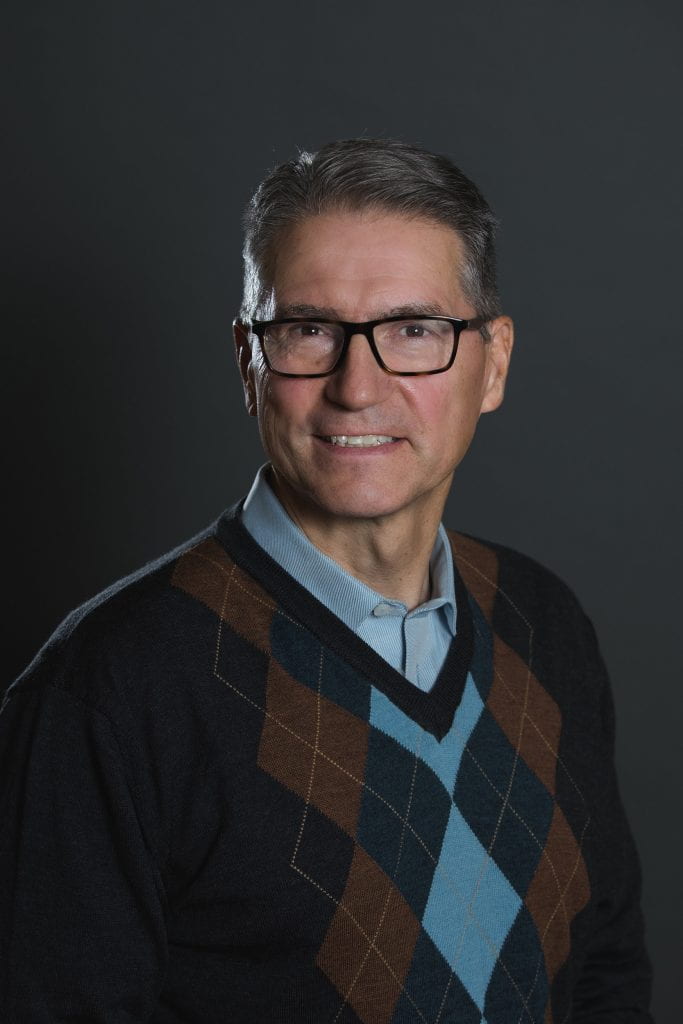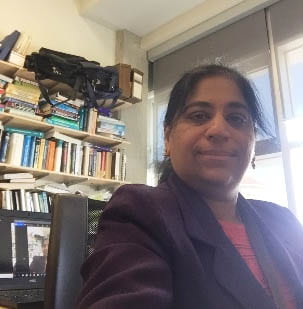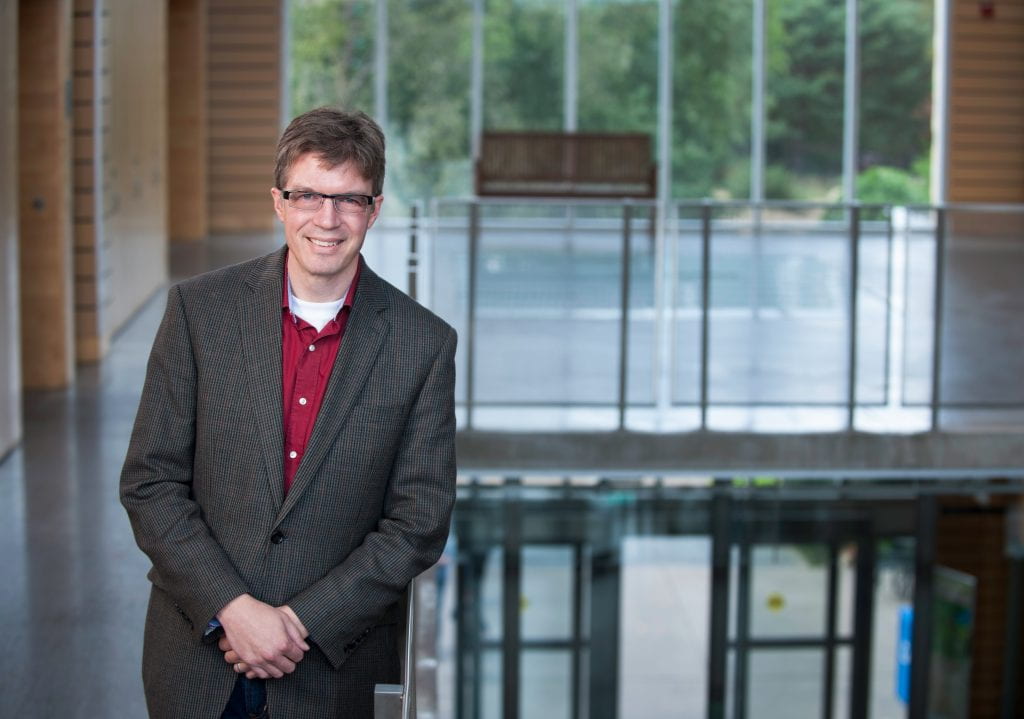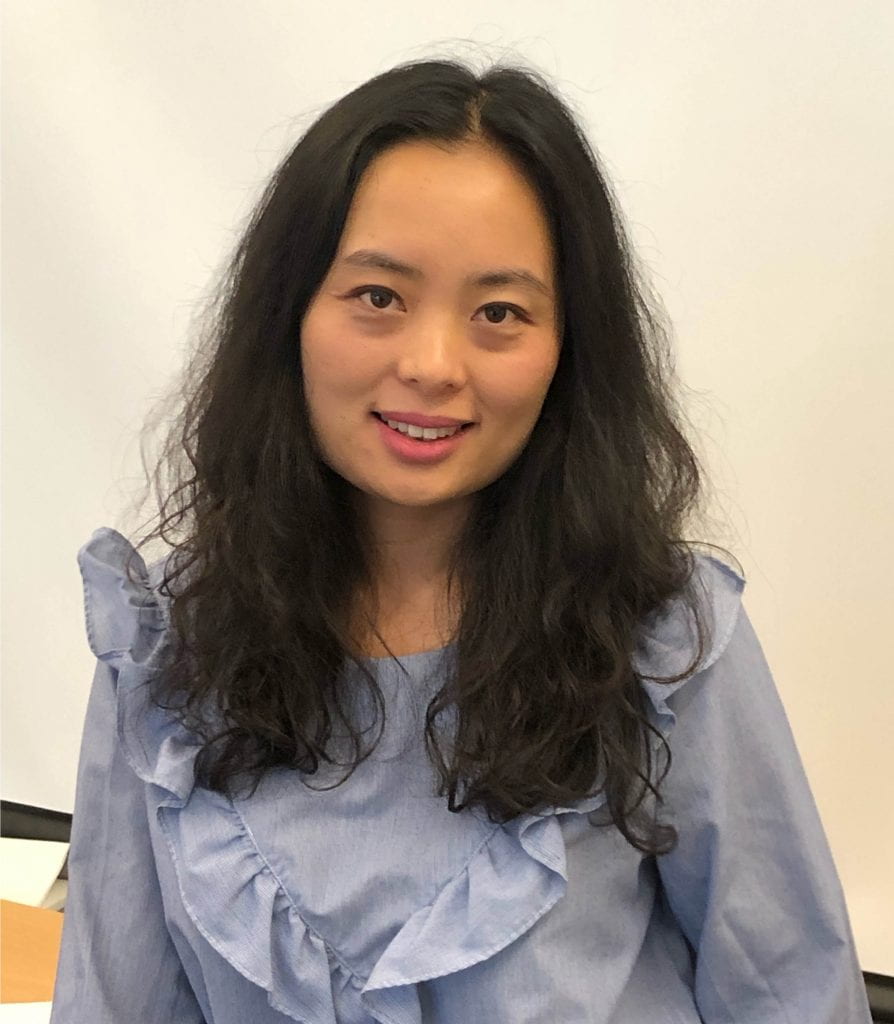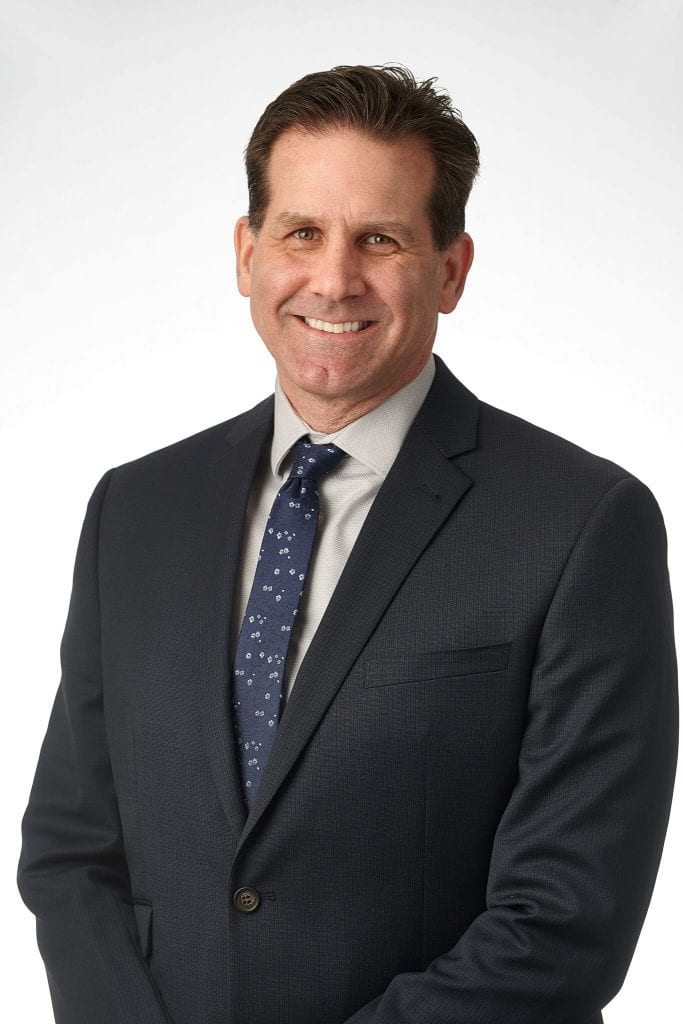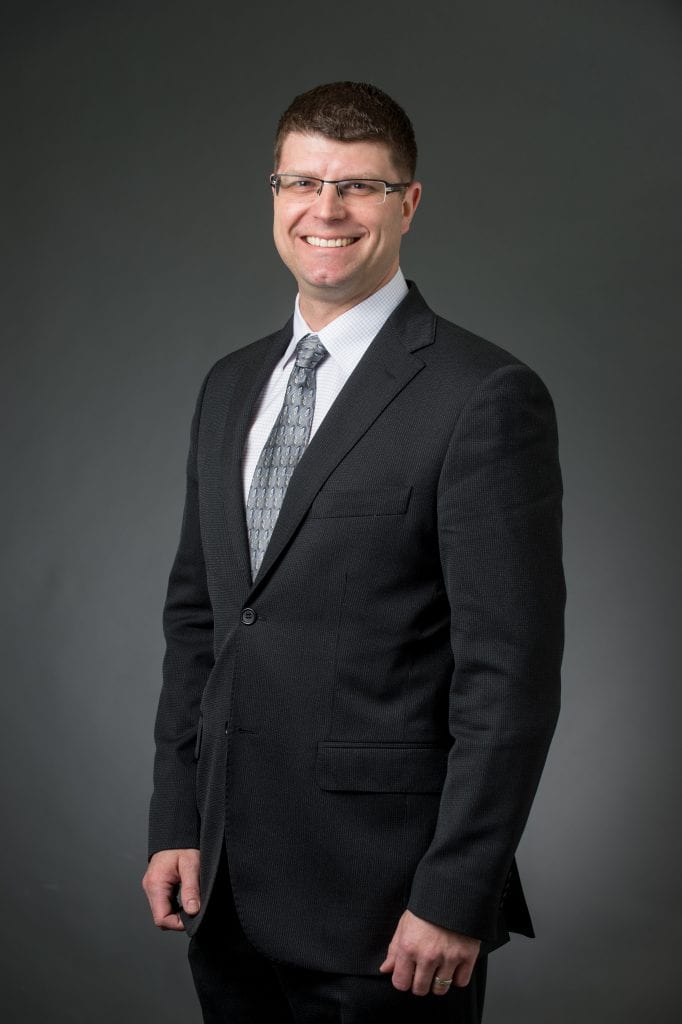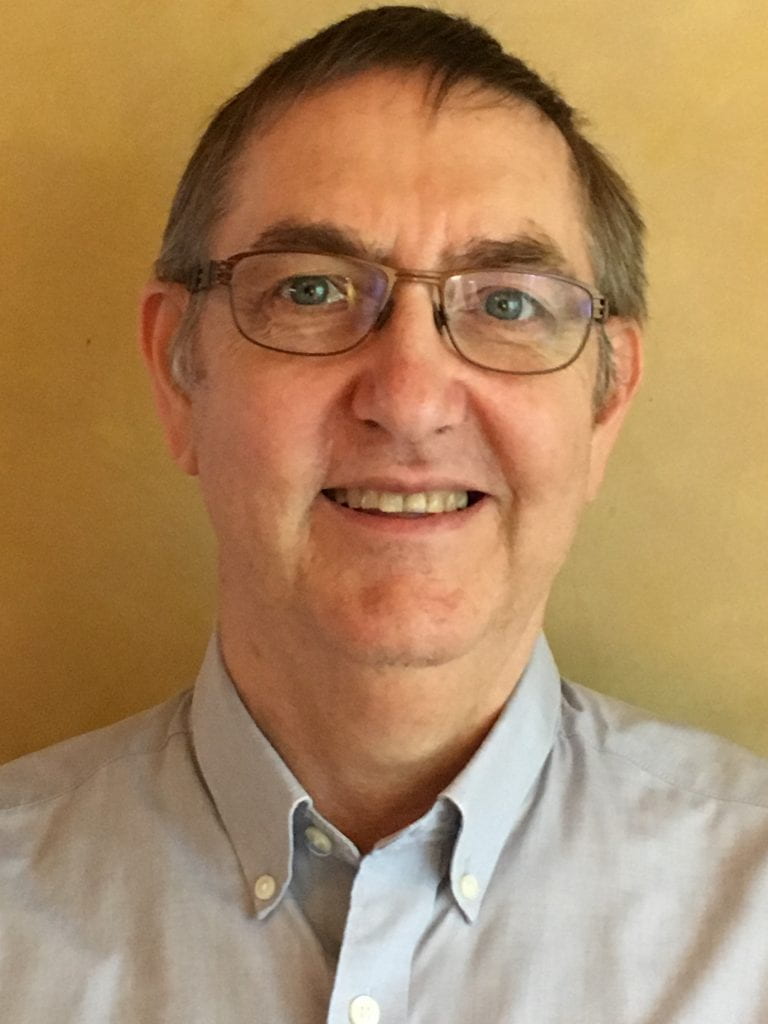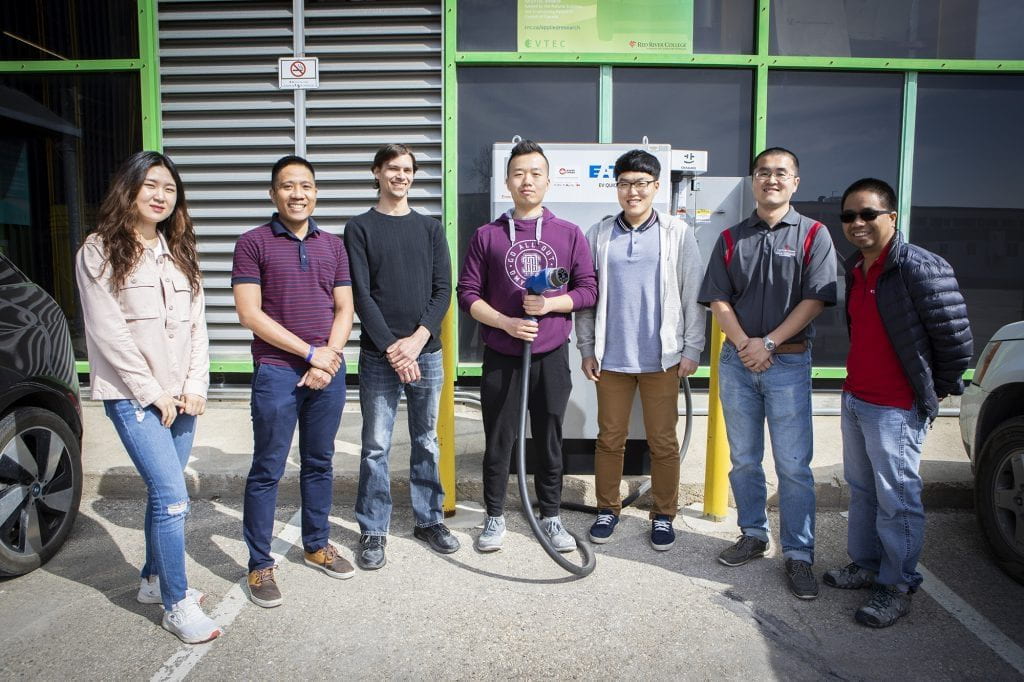Collaboration with KAP and UM is ready to roll: Mini Training Tractor revealed
A collaboration between the University of Manitoba (UM), Red River College (RRC) and Keystone Agricultural Producers (KAP) driven by the need for an agricultural safety training tool, has produced a unique vehicle that will help predict, teach and demonstrate tractor roll overs.
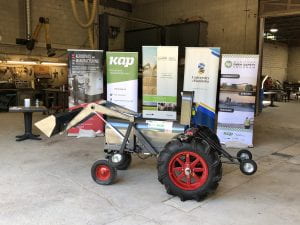 The Mini Roll Over Training Tractor (Mini ROTT) was demonstrated at the UM’s Glenlea Research Station on July 16. Approximately the size of an average lawn tractor but with the appearance of a traditional tractor, the radio-controlled Mini ROTT will be used for teaching and demonstration of roll overs and activities that will enhance students’ and farmers’ understanding of farm safety practices.
The Mini Roll Over Training Tractor (Mini ROTT) was demonstrated at the UM’s Glenlea Research Station on July 16. Approximately the size of an average lawn tractor but with the appearance of a traditional tractor, the radio-controlled Mini ROTT will be used for teaching and demonstration of roll overs and activities that will enhance students’ and farmers’ understanding of farm safety practices.
“Keystone Agricultural Producers is proud to be a part of the roll over training tractor (ROTT) project through our Manitoba Farm Safety Program,” says Bill Campbell, President, KAP. “We look forward to using this innovative tool to further promote the need for safety awareness and training across our sector to reduce the risk of serious injury in the operation of tractors and large equipment on farms across the province. The partnership we have forged with the University of Manitoba and Red River College shows the importance of our industry to this province and showcases some of the brightest minds and ingenuity we have here in Manitoba.”
The project was initiated by the UM’s Faculty of Agricultural and Food Sciences to supplement hands-on safety workshops developed for diploma students and farmers. The UM teamed up with KAP’s Manitoba Farm Safety Program staff to explore the concept of a remote-controlled tractor as an interactive training tool for teaching roll over prevention strategies.
“The Faculty, especially the farm safety training leaders in our School of Agriculture, are keenly engaged in farm safety training, both for our students and for our wider agricultural community,” says Martin Scanlon, Dean, Faculty of Agricultural and Food Sciences, UM. “We were excited to partner with Keystone Agricultural Producers and Red River College to create this novel training tool that will assist the University of Manitoba in delivering potentially life-saving knowledge to the next generation of Manitoba producers. This project underlines the high value and mutual benefit of collaboration with talented industry partners and other educational institutions.”
UM and KAP then engaged with RRC’s Technology Access Centre for Aerospace & Manufacturing (TACAM) and Vehicle Technology & Energy Centre (VTEC) for the fabrication process. The research staff at TACAM designed and built the tractor, with support from the VTEC team on the electronics and systems control components.
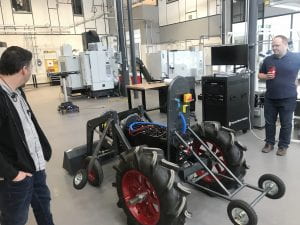 “Working with Keystone Agricultural Producers and the University of Manitoba on the roll over training tractor (ROTT) is the perfect demonstration of the value of applied research: providing tangible solutions to real-world problems,” says Fred Meier, President & CEO, RRC. “The ROTT highlights the skill and expertise of our TACAM and VTEC teams, and now that we’ve created this first product we’re excited to explore similar projects in the future. We’re proud to play a role in farm safety awareness and supporting the agriculture industry in Manitoba.”
“Working with Keystone Agricultural Producers and the University of Manitoba on the roll over training tractor (ROTT) is the perfect demonstration of the value of applied research: providing tangible solutions to real-world problems,” says Fred Meier, President & CEO, RRC. “The ROTT highlights the skill and expertise of our TACAM and VTEC teams, and now that we’ve created this first product we’re excited to explore similar projects in the future. We’re proud to play a role in farm safety awareness and supporting the agriculture industry in Manitoba.”
Going forward, the Mini ROTT will be housed at the Glenlea Research Station and utilized for farm safety training for post-secondary students and Manitoba farmers. The Manitoba Farm Safety Program and UM staff plan to collaborate on expanded tractor training and develop programs aimed at creating a safer agri-food industry.
Funding for the project came from a variety of sources, including the Faculty of Agricultural and Food Sciences Endowment Fund, the Natural Sciences and Engineering Research Council of Canada through Red River College’s TACAM and VTEC-Innovation Enhancement grants, and Keystone Agricultural Producers.

